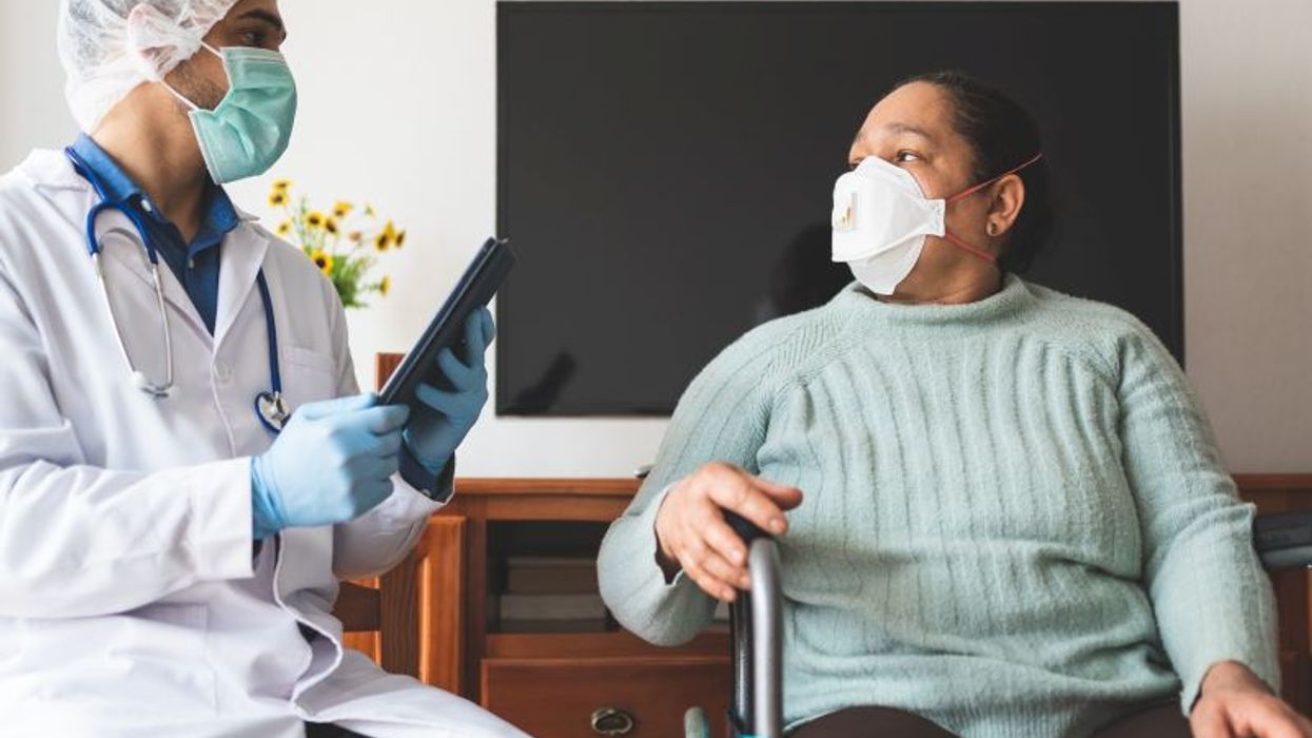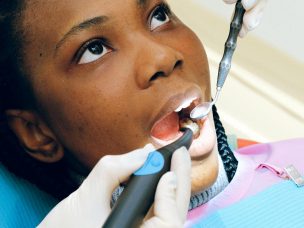TUESDAY, Feb. 16, 2021 (HealthDay News) — Demographic and community risk factors are more strongly associated with COVID-19 positivity than workplace exposure among health care workers (HCWs), according to a study published online Jan. 29 in the Annals of Internal Medicine.
Julia M. Baker, Ph.D., from the Rollins School of Public Health at Emory University in Atlanta, and colleagues quantified demographic, occupational, and community risk factors for severe acute respiratory syndrome coronavirus 2 (SARS-CoV-2) seropositivity among HCWs in a large health care system (April to June 2020).
The researchers found that adjusted SARS-CoV-2 seropositivity was estimated to be 3.8 percent (582 of the 10,275 participating HCWs tested positive). The odds of infection were increased with community contact with a person known or suspected to have COVID-19 (adjusted odds ratio [aOR], 1.9; 95 percent confidence interval [CI], 1.4 to 2.6; 10.3 percent of positive persons) and community COVID-19 incidence (aOR, 1.5; 95 percent CI, 1.0 to 2.2). There was a higher risk for positivity observed among Black individuals (aOR, 2.1; 95 percent CI, 1.7 to 2.6; 8.3 percent of positive persons).
“Demographic and community risk factors, including contact with a COVID-19-positive person and Black race, are more strongly associated with SARS-CoV-2 seropositivity among HCWs than is exposure in the workplace,” the authors write.










